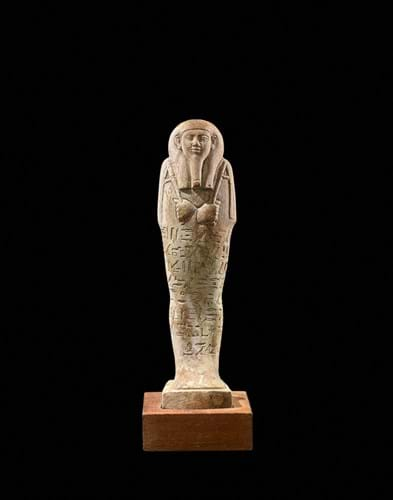
Egyptian embassies and The Egyptian Ministry of Antiquities have challenged the sale of many artefacts, that had been in collections for decades, often without providing evidence to show that they were stolen.
The minister, speaking at a seminar in Alexandria, said artefacts abroad can benefit the country as they serve as marketing and advertising and in most cases their ownership should not be contested.
He also said the majority of Egyptian artefacts abroad were legally exported before laws were introduced to ban exports or were legally sold.
According to the news website Egypt Independent, al-Damaty also complained that there are currently 14 restoration projects that have been suspended due to shortages in funding after the January 25 revolution in 2011.
Following the speech by al-Damaty, the chairman of the International Association of Dealers in Ancient Art (IADAA) called on Egypt to re-introduce licensed sales of minor artefacts as a way for Egypt to finance the protection of its archaeological sites.
IADAA’s Vincent Geerling said: “At IADAA, we have been campaigning for years on the issue of what has and hasn’t been legally exported, while watching with dismay as international bodies introduce inappropriate policy to deal with perceived wrongs that, for the most part, do not exist.”
Sale Challenges
Geerling said: “The current Egyptian authorities’ view is that unless collectors, dealers and auction houses can demonstrate an unbroken provenance from when an object was excavated, it should be deemed illicit – guilty until proved innocent, if you like. That is legally flawed.”
He argues that following the spirit of the former Antiquities Minister’s speech, such a policy needs to be replaced by something more positive.
He added: “Egypt had a legal trade in antiquities up until around 40 years ago. Why not revive a properly licensed, self-sustaining legal trade in minor objects that are of no great importance to Egypt’s national heritage, so that the trade can help Egypt create a revenue stream to finance the necessary protection of archaeological sites?”





